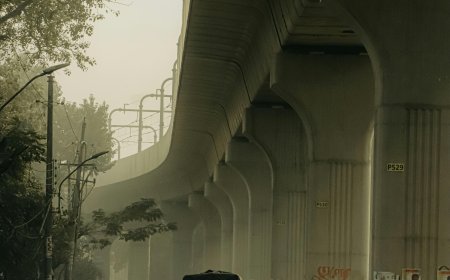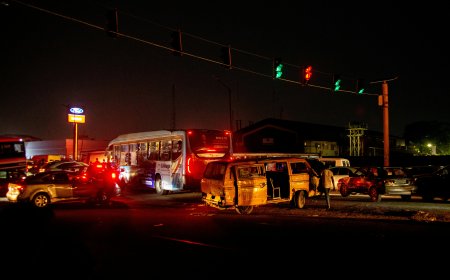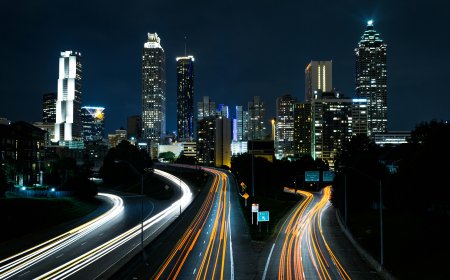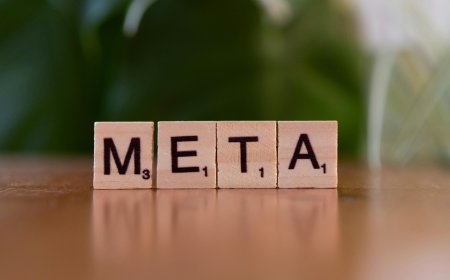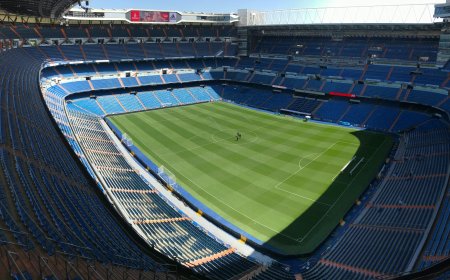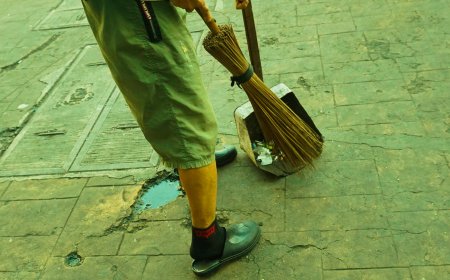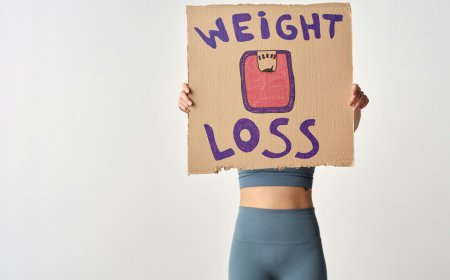Cuba’s Daily Struggle Under a ‘War Economy’
Power cuts, garbage-strewn streets, and empty markets—Cuba’s “war economy” is testing the resilience of everyday life.
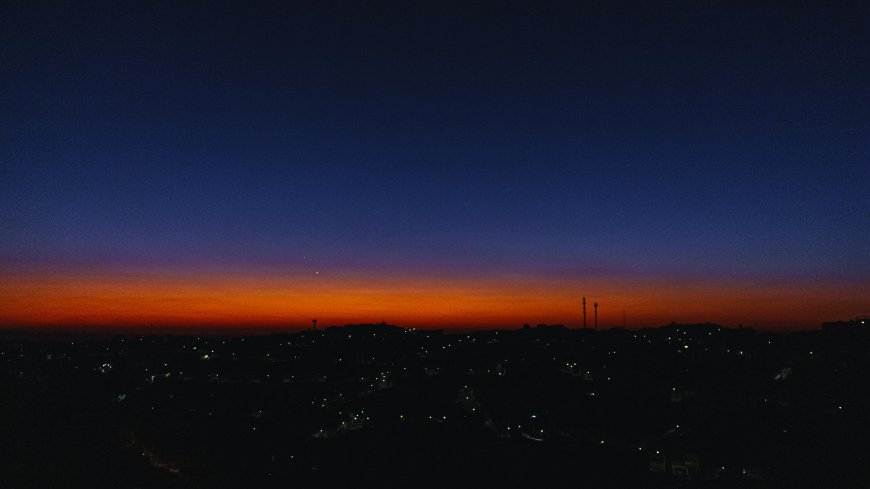
A Nation in the Dark
In Havana, the heat becomes suffocating when the power goes out. For hours—sometimes as long as 20 in a single day—entire neighborhoods are plunged into darkness. Refrigerators stop humming, food spoils, and children struggle to sleep in the stifling air.
For residents, blackouts have become routine, not the exception. They cook dinner by candlelight, fans sit idle, and televisions remain silent. As one grandmother in Santiago put it: “We live by the schedule of the power plant. When there is electricity, we rush to do everything—cook, bathe, wash clothes—because we know it won’t last.”
This is life in Cuba in 2025, a country where the government openly acknowledges it is operating under what it calls a “war economy.”
How Cuba Reached This Breaking Point
Cuba’s economic collapse did not happen overnight. A mix of external shocks and internal mismanagement has brought the island to its knees:
- Declining energy supplies: Outdated power plants and fuel shortages have crippled electricity generation.
- Tourism downturn: Once the lifeline of Cuba’s economy, visitor numbers have yet to recover fully from the pandemic.
- Import dependence: The island imports nearly 80% of its food, leaving it vulnerable to price spikes and currency shortages.
- Sanctions and isolation: Longstanding U.S. restrictions continue to choke trade and investment, while Cuba’s limited allies can provide only so much relief.
In 2024, the economy shrank by 1.1%, and projections suggest an even deeper contraction this year. Inflation remains high, even as government figures show a slowdown. For ordinary Cubans, statistics feel irrelevant. The real crisis is measured in empty shelves, hours without electricity, and trash piling on the streets.
The Garbage Crisis on Havana’s Streets
On a humid afternoon in the capital, the smell is impossible to ignore. Mountains of uncollected waste block traffic on a residential street. Rats scurry between bags, and residents cover their faces with cloths as they pass.
This isn’t the result of a labor strike. Garbage collectors simply don’t come often enough anymore. Fuel shortages mean trucks remain idle, and maintenance issues keep many out of service.
For locals, it’s more than an eyesore—it’s a health hazard. Stagnant waste breeds mosquitoes in a country already battling dengue outbreaks. “We’ve learned to live with the smell,” one shopkeeper shrugs. “But we worry about the diseases it brings.”
The Human Toll: A Mother’s Story
In a small apartment in Matanzas, 34-year-old Yanelis tries to make dinner for her two children during a blackout. She lights a single candle and opens the window for air. The rice she saved for the week must be cooked quickly before it spoils.
Her husband left for Mexico last year, sending back occasional remittances in dollars. “Without that money, I don’t know how we would eat,” she admits. But transferring funds is complicated, and shortages mean cash doesn’t always guarantee supplies.
Her children do their homework by candlelight. “They ask me why the lights go out so much,” Yanelis says softly. “I tell them it’s because Cuba is sick. But I don’t know when it will get better.”
Stories like hers echo across the island: parents skipping meals so their children can eat, families relying on relatives abroad, and young Cubans plotting emigration as their only future.
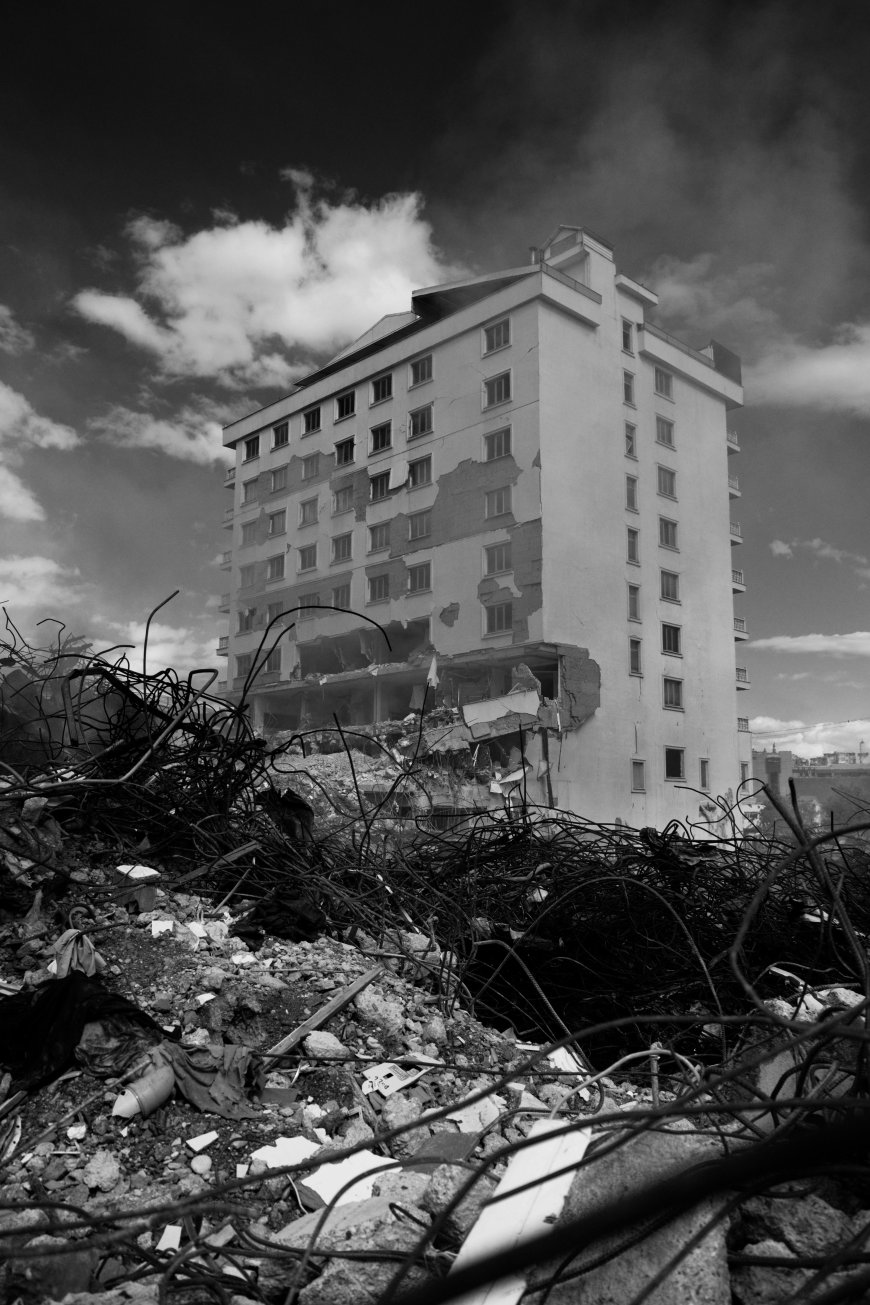
Life Under 20-Hour Blackouts
The blackouts dominate every aspect of daily life.
- Food insecurity: Without refrigeration, meat and dairy spoil quickly, forcing families to eat less or waste precious food.
- Work disruptions: Offices and factories shut down during outages, adding to unemployment.
- Healthcare strain: Hospitals rely on diesel generators, but fuel is scarce. Patients face canceled surgeries and darkened wards.
- Mental health impact: Constant uncertainty erodes morale, leaving many Cubans drained and hopeless.
Some neighborhoods try to adapt with makeshift generators, but most families cannot afford them. Communities often band together, sharing cooked meals before food spoils, a reflection of Cuban resilience in the face of adversity.
The Government’s “War Economy”
By the end of 2023, Cuban officials stopped downplaying the crisis. Instead, they began describing it as a “war economy”—a term meant to evoke resilience against external hostility, particularly U.S. sanctions.
The phrase signals austerity: reduced imports, energy rationing, and tight state control of resources. Officials insist it is temporary, a necessary sacrifice for national survival. But for citizens, it feels like an indefinite state of hardship.
Economists argue that Cuba’s problems run deeper than sanctions. Structural inefficiencies, rigid state planning, and limited space for private enterprise have left the country ill-equipped to weather shocks. Even with reforms allowing small private businesses and limited agricultural markets, progress is slow.
Migration: The Island’s Silent Exodus
Faced with unrelenting hardship, Cubans are leaving in record numbers. In the past two years, hundreds of thousands have emigrated, many heading for the United States or Latin America.
This exodus is draining the island of its youth and skilled workers, leaving behind an aging population and a hollowed-out labor force. Families are torn apart, surviving through remittances sent from abroad.
The government, wary of losing its workforce, appeals for patience and resilience. But in private, many Cubans say they’ve given up waiting for change.
A Resilient People, A Fragile Future
Despite the chaos, Cuban society shows remarkable endurance. Neighbors share food, volunteers organize street clean-ups when garbage trucks don’t arrive, and local musicians still gather in Havana’s plazas to play.
Resilience is ingrained in Cuban culture. Decades of scarcity have taught people how to stretch meals, fix broken appliances, and find joy in community. But there is a limit to endurance. With each new blackout, each new pile of trash, patience wears thinner.
The question now is how long Cubans can continue to live under what their own leaders describe as a state of economic war.
Conclusion: Living on the Edge
Cuba today is a country defined by contrasts: breathtaking beaches for tourists, but garbage-strewn streets for locals; slogans of resilience from leaders, but exhaustion among citizens.
The Supreme Court may call it a “war economy,” but for ordinary Cubans, it feels less like a battle to win and more like an endless siege. Families light candles, neighborhoods pile garbage in corners, and entire cities wait for electricity that may not return until the next day.
For outsiders, Cuba’s crisis is a geopolitical story. For those inside, it is daily survival—measured in hours of light, meals that stretch, and hope that refuses, somehow, to go out.
FAQs
1. Why does Cuba face such long blackouts?
A mix of outdated power plants, fuel shortages, and poor infrastructure has crippled electricity production.
2. What is Cuba’s “war economy”?
It’s the government’s term for strict austerity measures aimed at managing shortages and external pressures like sanctions.
3. How bad is the garbage crisis in Havana?
Fuel shortages and failing waste collection systems leave streets piled with trash, creating serious health risks.
4. Is Cuba’s economy still shrinking?
Yes. After contracting in 2024, forecasts predict a further decline of around 1.5% this year.
5. How are ordinary Cubans coping?
Through resilience: sharing food, relying on remittances, and adapting daily routines around blackouts. visibility on Google Discover and social media?
What's Your Reaction?
 Like
1
Like
1
 Dislike
0
Dislike
0
 Love
0
Love
0
 Funny
0
Funny
0
 Angry
0
Angry
0
 Sad
0
Sad
0
 Wow
0
Wow
0




